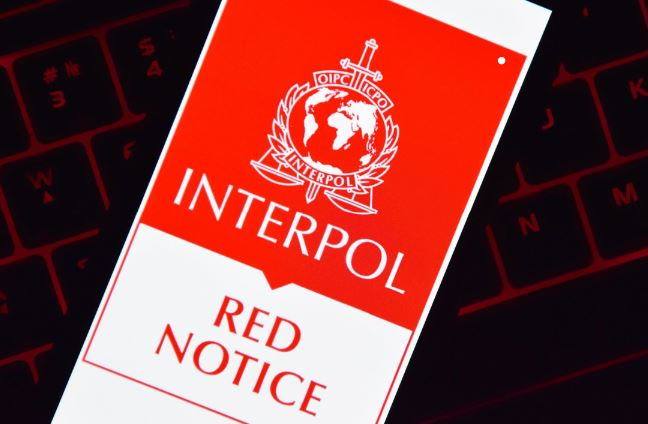International Interpol coordinated efforts to find and arrest individuals suspected of criminal activity. They are the primary means of exchanging information between law enforcement agencies in other countries. Each colored notice has its own message and consequences for the individuals against whom it is issued. Let’s look at what Interpol red and blue notices are, what functions they perform, and the possibility of removing a red notice.
What is Red Notice?
An Interpol Red Notice is an international notice that police use to locate and arrest a suspect for extradition. When someone has a Red Notice issued for them, it means they are wanted for a serious crime. It is important to note, however, that an Interpol Red Notice is not an international arrest warrant. Rather, it is a request to law enforcement agencies in other countries to temporarily detain the person so that they can be extradited to the country that issued the request.

The Functions of Red Notice
The Interpol Red Notice serves several important purposes. Firstly, it coordinates the actions of law enforcement agencies in different countries. Especially when the wanted person may be moving across borders.
Secondly, it increases the likelihood that the suspect will be detained. If he tries to enter another country or cross a border. The Red Notice is especially effective in finding and tracking individuals on the international wanted list. It is valid in more than 190 countries. Its presence implies serious restrictions on the person, including the possibility of detention or deportation.
What is Blue Notice?
An Interpol Blue Notice is an INTERPOL request that is used to locate, identify, or obtain additional information about a person of interest to law enforcement. Unlike a Red Notice, a Blue Notice does not require an arrest or indicate that a criminal charge has been filed against the person. Rather, it is intended to gather information and enhance the ability of police agencies in different countries to collaborate. When a country needs to clarify information about an individual but does not have sufficient grounds to make an arrest, it may turn to a Blue Notice.

The Functions of Blue Notice
An Interpol Blue Notice helps police find information about suspects, identify them, and gives them the legal right to track and monitor their movements and whereabouts. This notice can be useful if the police want to track a suspect but do not yet have grounds to detain them.
When can a Blue Notice turn into a Red Notice?
An Interpol Blue Notice may be upgraded to a Red Notice if, as the investigation progresses, the requesting country gathers sufficient evidence to support the individual’s involvement in a serious crime. In such cases, law enforcement may review the status of the notice and apply to INTERPOL to upgrade it to a Red Notice. This occurs when the information and evidence accumulated provide grounds for formal charges or a request for arrest.
However, it should be remembered that changing the status of a notice is not automatic. The process requires rigorous analysis and additional procedures. It is necessary that a criminal case has already been initiated against the suspect and sufficient evidence of his guilt has been provided.
It is important to understand that even when changing the status of a notice, law enforcement must comply with certain international requirements, as Interpol operates within strict procedures and regulations.
How to Remove Interpol Red Notice?
Removing an Interpol Red Notice is a complex process and requires a well-founded legal position. In most cases, individuals who have been issued a Red Notice can appeal to the Commission for the Control of Interpol’s Files if they believe the notice is unlawful or unfounded. This may be due to various factors, such as the political nature of the case or a human rights violation.
The removal procedure involves presenting evidence proving that the notice violates Interpol’’s rules or does not comply with international standards. The Commission analyzes each case individually, checks the evidence presented and decides whether the notice complies with Interpol’s rules. If it is found to be unfounded, it may be removed from the database.
Appealing to the Commission is the first step, but you can also contact lawyers specializing in international law. An Interpol lawyer will assist in preparing documents and presenting arguments for defense.






